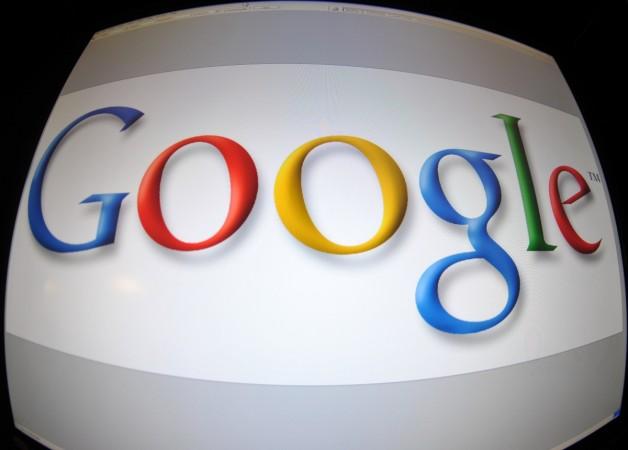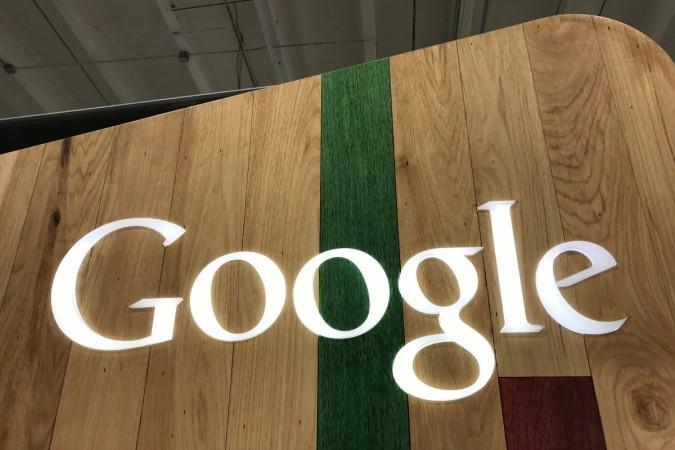It was a panic reaction across the world when Google Apps failed for more than 45 minutes starting from 5:20 PM on Monday, and the reason was attributed to the 'storage quota issue' being faced by the tech giant.
For the first time, it was an outage that was not localised but massive across the globe, affecting over 1,12,000 issues on YouTube and almost 40,000 for Gmail from users, according to DownDetector.com.
Though Google apologised later and said, "services requiring users to log-in experienced high error rates during this period... All services are now restored", what is likely to worry the global IT firms is the of Google services to such problems in the future. While Google will focus on this "System Reliability" issue soon, what's perplexing many IT hands is the global nature of the outage that never hit Google in the past.

The problem first hit Gmail and Google said 5.25 PM IST: "We're aware of a problem with Gmail affecting a majority of users. The affected users are unable to access Gmail. We will provide an update by 12/14/20, 5:42 PM detailing when we expect to resolve the problem. Please note that this resolution time is an estimate and may change."
At 6:22 PM IST, it said the "problem with Gmail should be resolved for the vast majority of affected users". But b then, other Google services starting going down, triggering the true panic reaction, revealing that Google is facing a possible global shut down, which cannot be explained immediately but likely to bring in new safeguard requirements for IT firms in the future.
But more than one-hour outage in the middle of a peak workday, that too Monday, may worry the paid users, who might demand Google to separate its paid services from free services on its servers and assure them a better 'system reliability'.
No More Free Google Services?
As Gmail has been asking its user for long to limit their storage capacity and started removing Gmail accounts which are not in use for over two years at a stretch, the question of storage issue may be resolved for now but the pertinent challenge before Google, especially during the Covid-19 pandemic that forced the workforce to operate from home, is to how to handle the extra pressure on its servers.

The inevitable choice for Google is to make a transition from free ad-supported services to paid services. More so, in view of the hit on its ad revenue due to the coronavirus pandemic in the last three quarters. Though Google is unlikely to charge non-business Gmail accounts, it is likely to bring in more discipline to Gmail users owing to the storage impact on its servers since "system reliability is a top priority at Google, and we are making continuous improvements to make our systems better."
With over 3.5 billion global users who use its free Gmail and Youtube across the world, Google may have to redesign its global infrastructure and pass the test of system reliability. It heralds the litmus test for the users of free Google services. And it's time for them to accustom themselves to a new Google that demands payment for every service it provides in the near future.

















